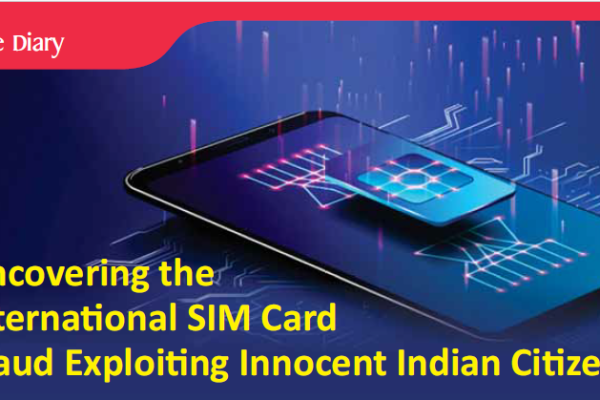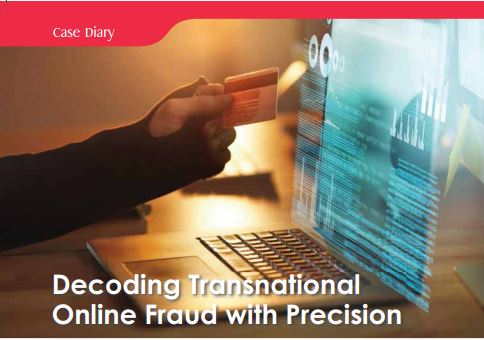
Uncovering the International SIM Card Fraud Exploiting Innocent Indian Citizens
The development and use of SIM (Subscriber Identity Module) cards are closely tied to the evolution of mobile telecommunications technology. Mobile phones began in the 1940s with vehicle-based systems. The first handheld call was made in 1973 by Motorola, and the first commercial phone was launched in 1983. SIM cards were developed alongside the growth…




